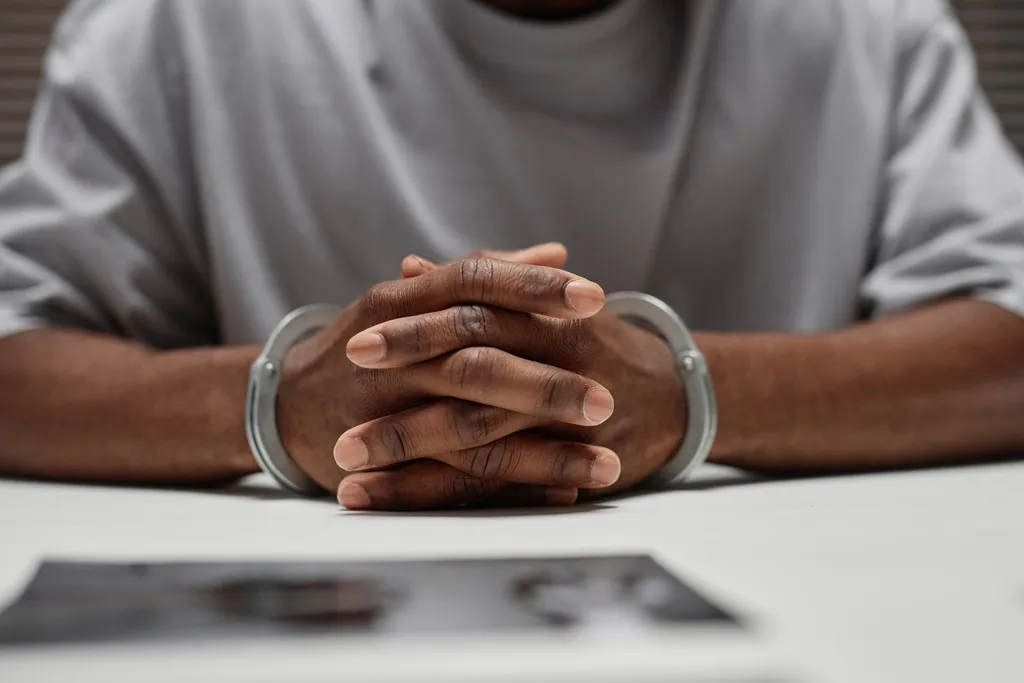When the Protectors Become the Perpetrators — Crisis of Trust in the JCF
By: [Steviedamac]

The recent arrest of a serving detective corporal found in possession of a stolen taxi taken at gunpoint has sent shockwaves across the nation. This is not just another news headline—it’s a stark reflection of a deeper issue that threatens the very core of our justice system: the erosion of public trust in those sworn to protect and serve.
It is deeply troubling when the lines between law enforcers and lawbreakers blur. The accused officer, caught red-handed with a government-issued weapon and identification, allegedly turned a service pistol—symbol of state authority—into a tool of criminality. This betrayal is not just of his uniform, but of every citizen who believes in the ideals of justice and security.
Let us not downplay the gravity of the situation. When a 19-year-old taxi driver—hustling honestly to make a living—is robbed at gunpoint by someone who should be protecting him, it sends a dangerous message: that no one is safe, not even from the very institutions meant to safeguard them.
Yet, amid the disappointment, there is a silver lining. The swift response and collaboration between the St Andrew South and St Catherine South divisions show that professionalism and integrity still exist within the Jamaica Constabulary Force. The arrest demonstrates that the JCF is willing to clean its own house, to hold its members accountable—something the public has long demanded.
However, this incident must not be seen in isolation. It is a symptom of a broader problem: unchecked power, weak internal oversight, and a culture that too often shields rogue officers instead of rooting them out. If we are to restore faith in the force, this moment must spark more than outrage—it must lead to action.
We need stronger internal accountability mechanisms, mandatory psychological evaluations, and a transparent disciplinary process that citizens can trust. Most importantly, we need leadership within the force that views integrity not as an option, but as the foundation of service.
Jamaicans deserve a police force they can believe in. And while one bad officer does not define the entire JCF, every such betrayal chips away at the fragile trust that binds the public to its protectors. We must rebuild that trust—not with words, but with unwavering accountability and reform.
Until then, we are forced to ask the haunting question: when those with badges turn to banditry, who will police the police?



